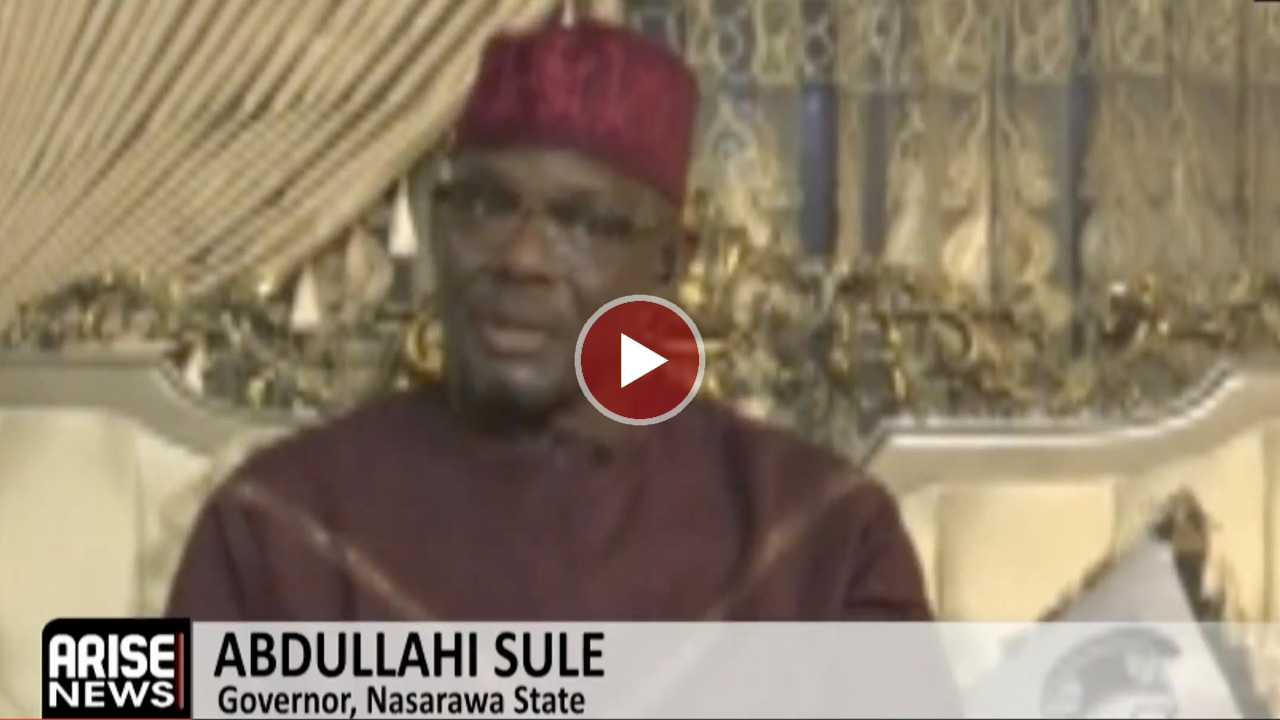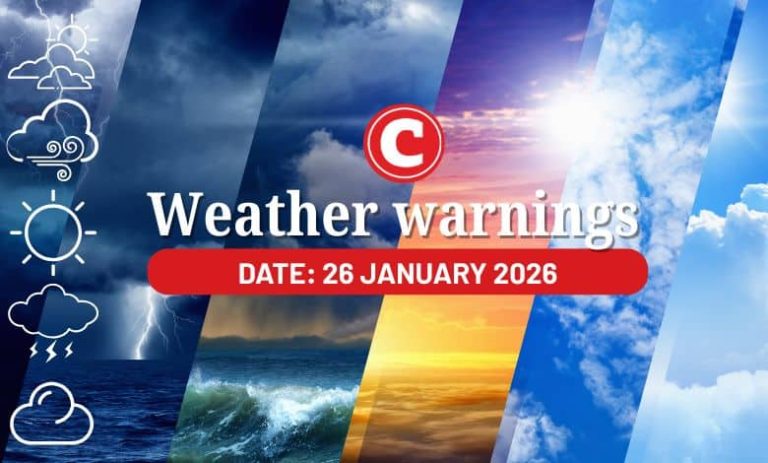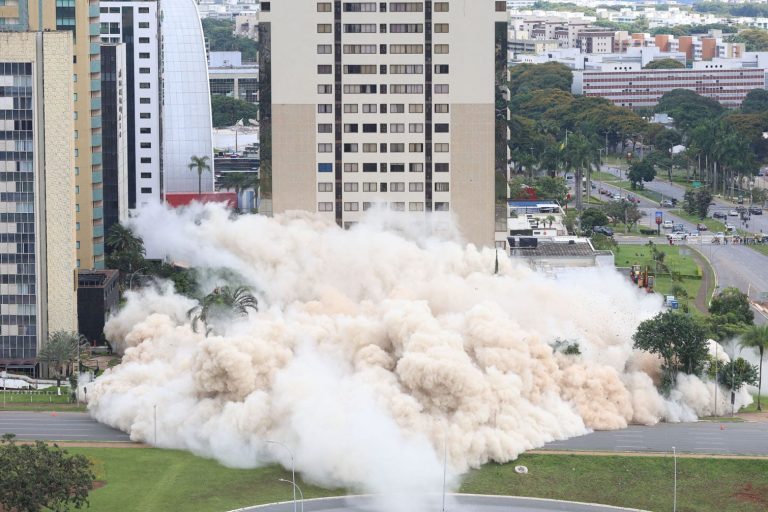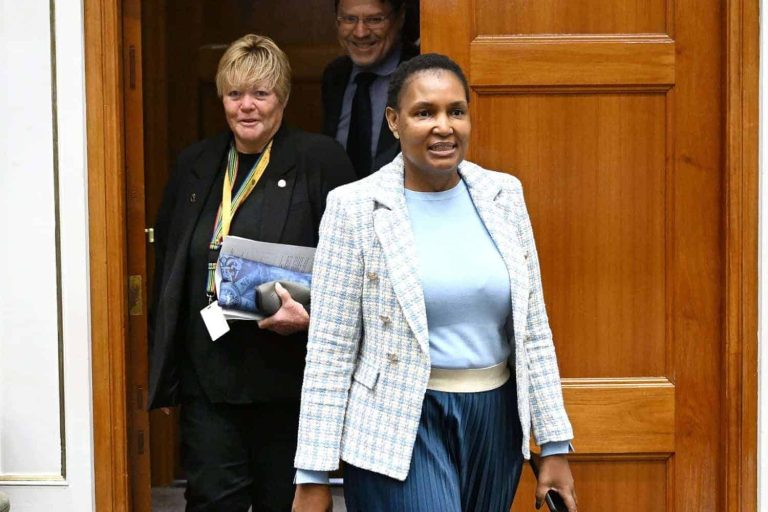

Governor of Nasarawa State Abdullahi Sule says Nigeria must urgently embrace state policing and expand international cooperation if it intends to curb the relentless wave of kidnappings, banditry and terrorist attacks sweeping across the northern region.
Speaking in an interview with ARISE News on Tuesday, the governor Sule said he “fully supports” the push for state police, insisting that 35 of the 36 governors had already endorsed the idea months before the current spike in abductions.
“Over six months ago, 35 out of the 36 governors already agreed and said that there should be state police,” Sule said. “It’s not a matter just for the federal government or the governors. The legislators must also agree to this.”
He added that while some regions had only recently made their demands public, the matter had long been before the National Assembly.
Sule, who had just returned from the G20 Summit in South Africa when the latest upsurge in kidnappings began, said Nasarawa had avoided shutting schools because not all institutions were under threat. Instead, he deployed joint security units to identified vulnerable locations after meeting repeatedly with service commanders.
“We are so lucky we don’t have the problem of our children being taken out of school,”he said. “We have actually equipped security personnel — police, army, air force, civil defence — and sent them to institutions that may be in danger. That is why we did not want to shut down all schools and create panic.”
He insisted that Nasarawa could finance a state police structure tailored to its needs.
“We are now making substantial revenue. I don’t have to hire 20,000 state policemen,” he said. “If we can get 5,000, we can pay them adequately, motivate and equip them. That number is more than enough to cover our areas.”
Reacting to the news that 24 abducted schoolgirls in Kebbi State had regained their freedom, Sule praised President Bola Tinubu, the Kebbi governor and security agencies, but said the greatest relief belonged to the parents.
“I want to congratulate Mr President for this release, he said. “The biggest congratulations go to the parents because it is always very difficult when your child is kidnapped.”
The governor argued that the current insecurity, though severe, was not unprecedented.
“Rome is not built in one day. This issue has been going on since around 2009–2010,” he said. “In the Niger Delta around 2006–2008, kidnapping was very rampant. You don’t hear it anymore. So, by the grace of God, it will come to an end.”
He compared Nigeria’s struggle with global experiences, recalling how long it took the United States to capture the Unabomber.
“Even with all their technology, it took America almost two or three years to catch one person,” he said. “We are dealing with several people, some coming across borders, and in many cases family members connive with kidnappers. It is very complicated.”
On the emergency meeting of northern governors scheduled for the weekend, Sule clarified that the meeting was not a knee-jerk reaction but had been fixed weeks earlier.
“It was about three weeks ago that we agreed to meet on the 29th and 30th,” he explained. “Northern governors do not meet alone. They meet with traditional rulers led by the Sultan of Sokoto. It is very difficult to get all the most important people together.”
Commenting on the federal government’s new joint security pact with the United States, Sule said foreign assistance was welcome — but should not stop with Washington.
“It is good to look for help abroad, not only from America but from any nation that will assist Nigeria,” he said. “We also need assistance from Niger, Chad, Cameroon — because many of these criminals are not even Nigerians. Some come from as far as Mali.”
He praised President Tinubu’s “calm and mature” approach in responding to international commentary, including from US President Donald Trump.
Reacting to a UN World Food Programme report that insecurity has pushed hunger levels in northern Nigeria to unprecedented levels, Sule cast doubt on the data.
“I have not seen the report, and it is difficult for me to respond because some of these reports are not as accurate as they seem,” he said. “In Nasarawa State, prices of food have drastically reduced. Payment of salaries has improved.”
He said the state was harvesting 3,300 hectares of rice under the new “Nasarawa Rice, Nassu” initiative and would sell at affordable prices.
“I doubt the report is correct — at least not in Nasarawa State,” he maintained.
Boluwatife Enome



